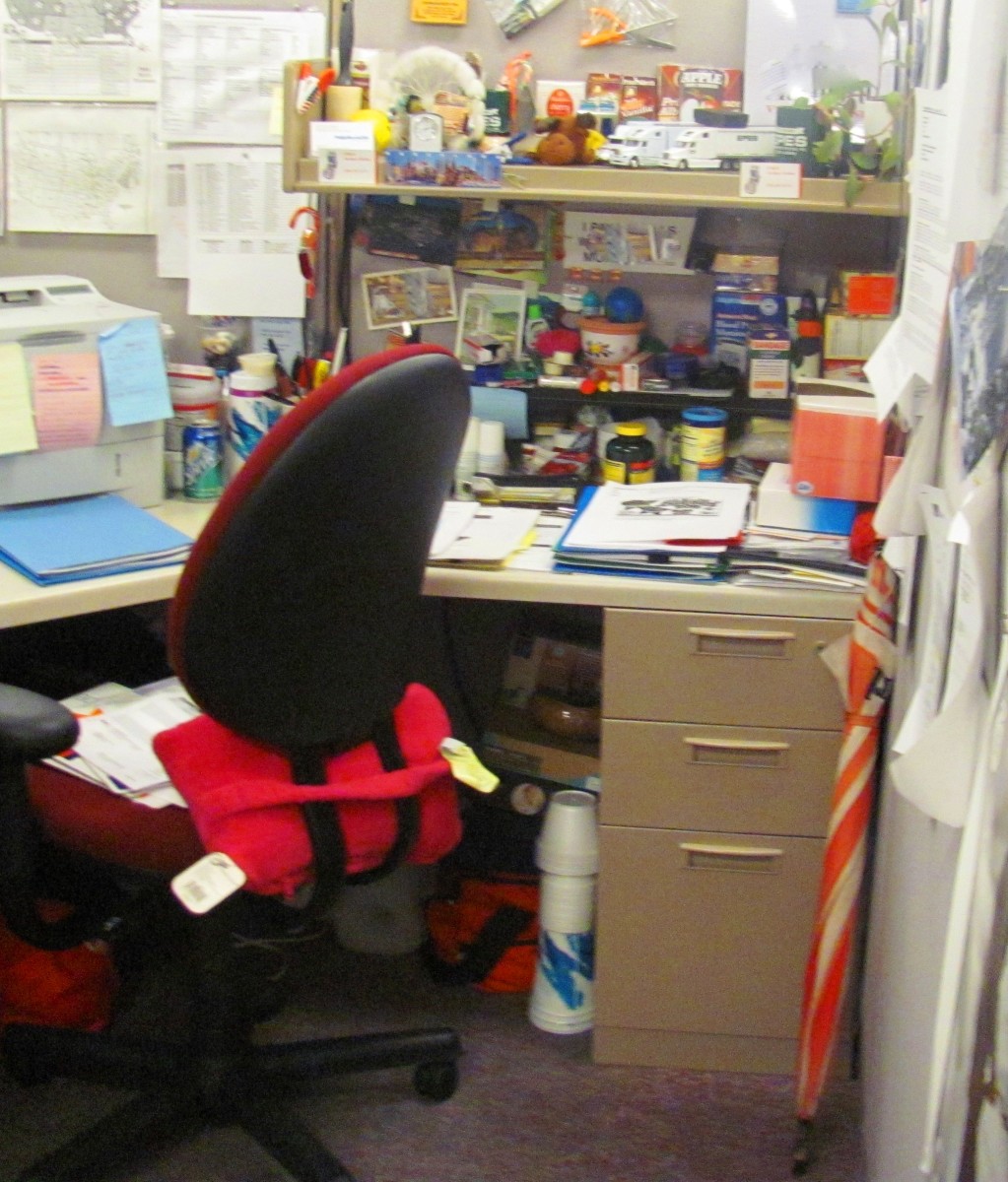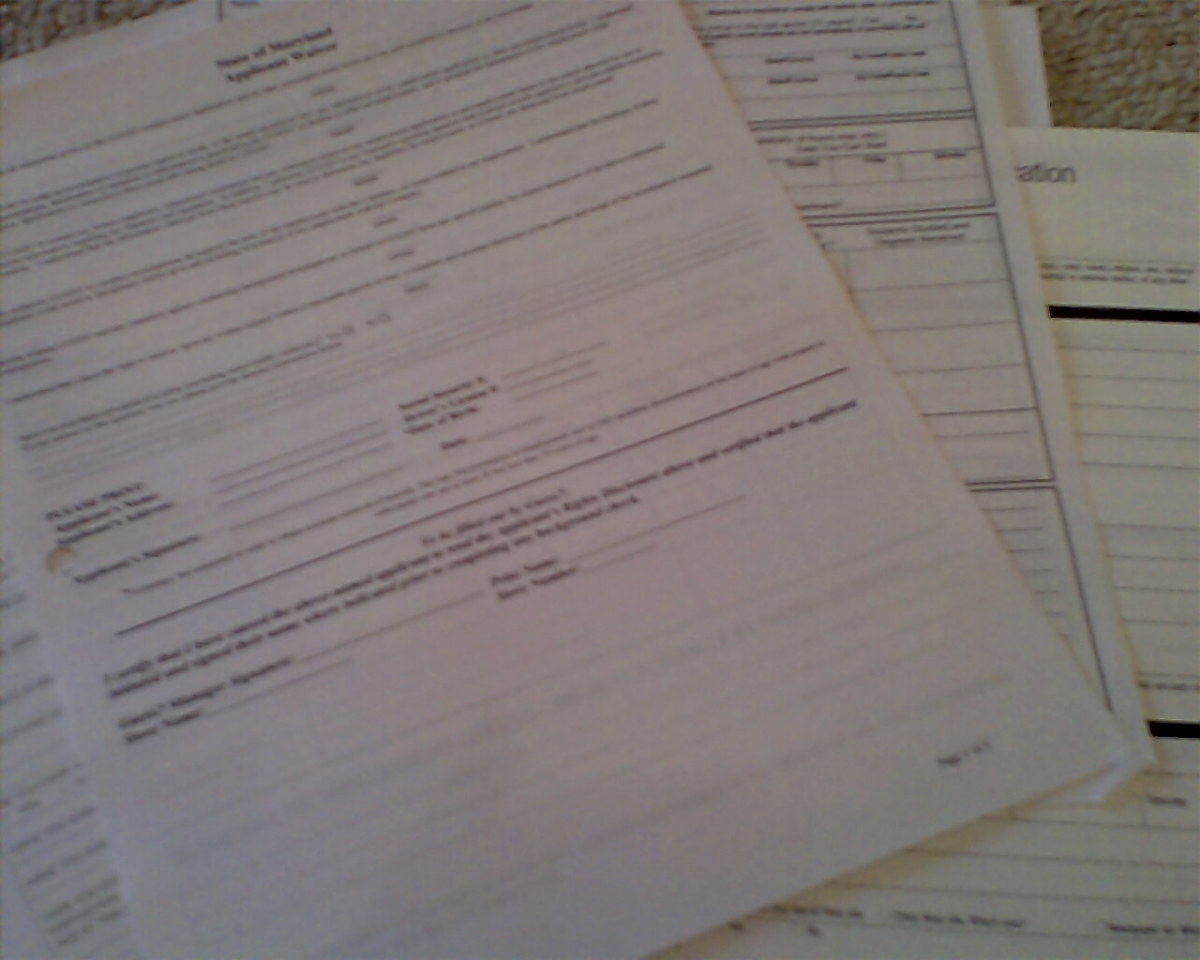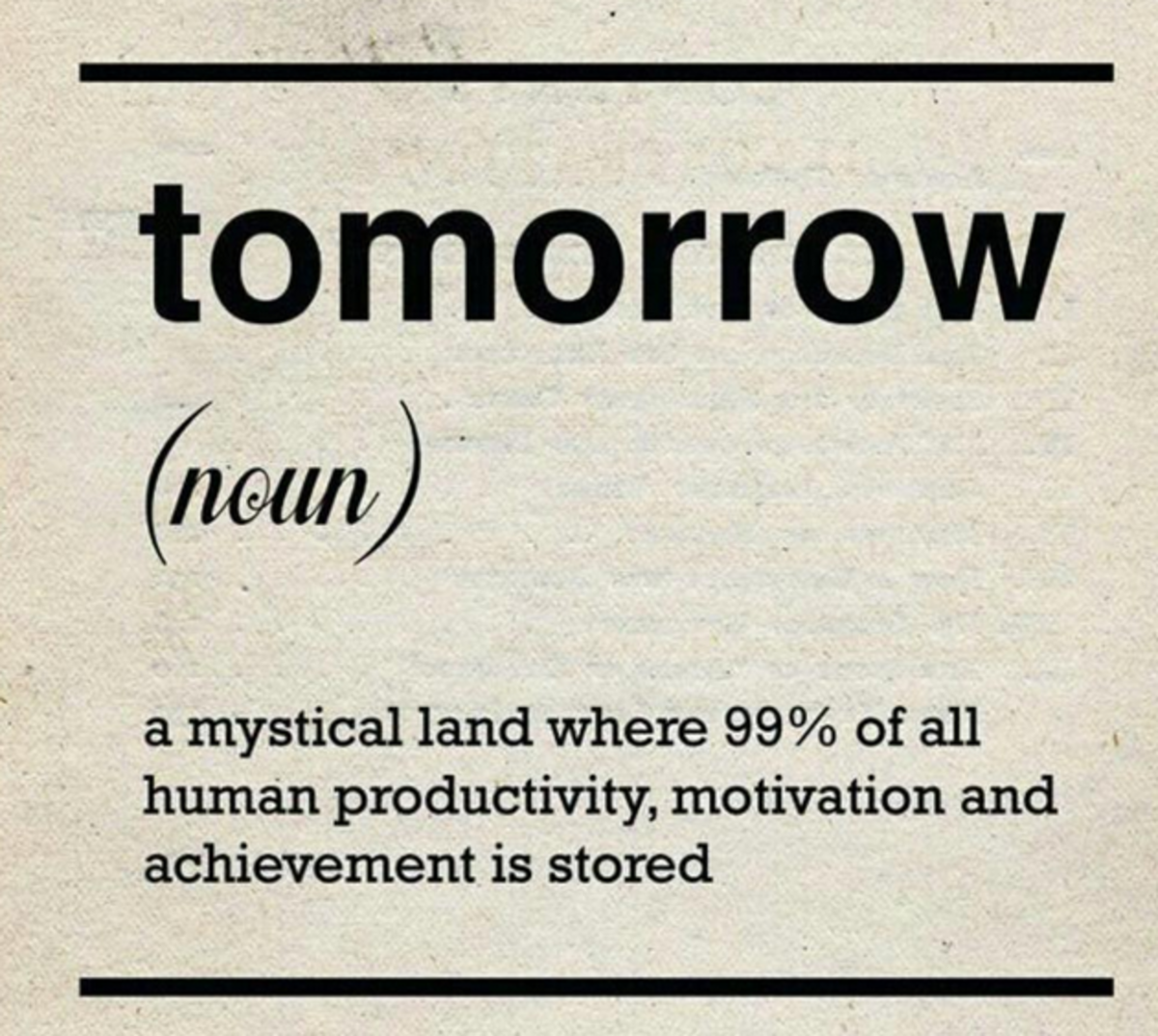Work Less And Accomplish More - How To Become Smart Managers
It is a proven fact that working smart is better than working hard. Ideally, one should work for seven to eight hours a day. But, there are people who seem to be working always. If you look at their output, it may not match the efforts or hours they put in. This clearly shows that they have not learned how to work smart. In fact, working like this is not good at all. It affects the health of these people. Many heart-related diseases are likely to affect those who pack their hours with such strenuous work-schedules. These people may get irritated easily and they seem to be tense always. Therefore, their relationship with others may not be very cordial. If you are one among this multitude, you should know a rule called Pareto's 80/20 rule. If you understand and implement it, you can manage your time well and your output will also be more.
As rightly pointed out by Vilfredo Pareto, an Italian Economist, the cause and effect ratio is always 20:80. This means that 80 per cent of your output will come from 20 per cent of your efforts. Therefore, if you cut down your wasteful hours and efforts and focus only on those that produce value, you can accomplish more. This is what smart working means. To put in a nutshell, you can produce more by working less if you focus on such value-producing efforts.
For example, you may be wasting a lot of time in checking and replying to emails. It is not that this is not right but it consumes a lot of time. In fact, checking and replying to customers' mails immediately is a pre-requisite for any business. But, you should allocate a separate time for that or you should delegate that work to someone else. If an email really requires your personal attention, it should be brought to your notice and you can handle that, if necessary.
The point that is being stressed here is that you should focus on your actual work instead of whiling away your time on wasteful and unproductive matters. Distractions like telephones, emails, etc. should never be allowed to affect your focus. If you are strict about deadlines, this can motivate you to focus on the actual work. You should make an honest analysis of how you work and remove all these unproductive distractions from your schedule.
If you have strict deadlines, you will be motivated to complete the work on time. Though multi-tasking is a good quality, it may not always increase your productivity. "One thing at a time and that done well" is the old axiom and that is always true. If you do your work with a focused mind, you will be able to accomplish more work in less time. You should never take up the next work until the work on hand is completed.
There may be employees or customers in your office who may always insist to have your time. These people are very big distractions and you should put them in their place. You can find out a competent person and delegate this type of work to him or her. Only absolutely important matters should be brought to your notice.
Another important point is that you should never mix up work and rest. When you are away from work, you should be mentally and physically away from it. If you are on a job, you should be completely focused on it.
You should never fail to take sufficient rest. If you do not have this, your productivity will come down drastically. Your efficiency will also take a beating. So, you should plan for short holidays in the midst of heavy schedules so that you can come back rejuvenated and this improves your efficiency and productivity.
Delegation of work is a wonderful concept that will help you to accomplish big feats in less time. As an expert puts it, "one and one do not make two; They make 11". If you delegate your work to competent people, you can see excellent results. You can groom them also to be future leaders.
The above tips will help you to become smart managers who can accomplish big feats in less time.









